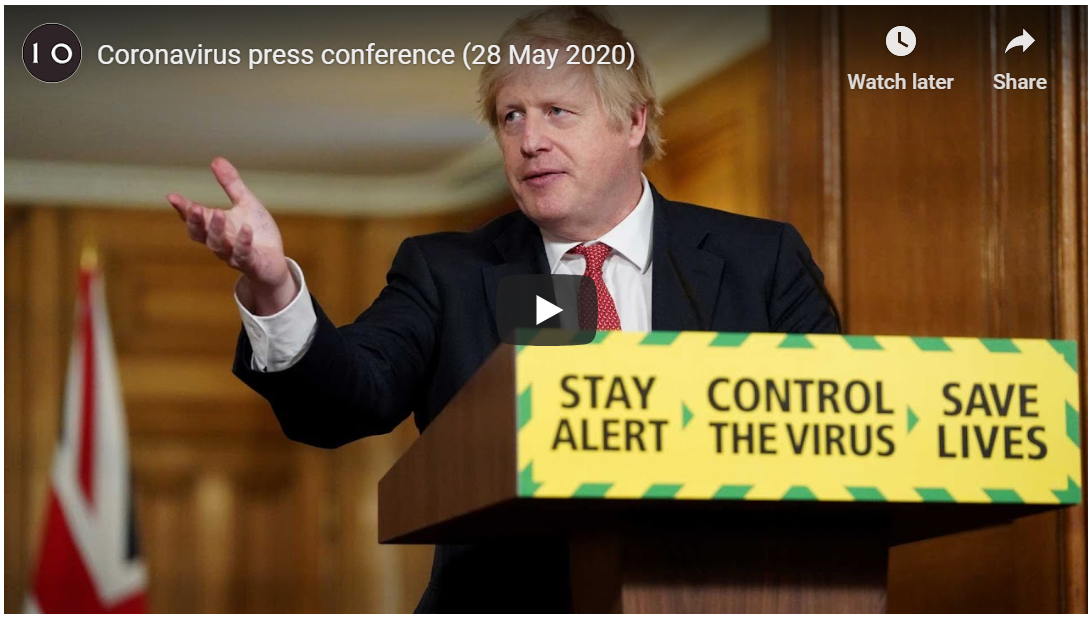The US Senate is choking on the US-UK Extradition Treaty (full text pdf) because they are concerned that it might adversely affect civil liberties of people living in the United States. The irony is that the treaty protects those liberties much better than it protects the liberties of British citizens. But we have no Senate to protect us.
The proposed extradition treaty was signed on March 31, 2003 by US Attorney General, John Ashcroft, and the British Home Secretary David Blunkett. It was transmitted by the President to the U.S. Senate Committee on Foreign Relations in April 2004, and was considered by them on 15 November 2005. The Committee hearings were held in private and no transcript has been published, so we don’t know exactly what happened, but it appears that the Committee declined to vote on the treaty. This is a major problem for the passage of the treaty, as the the full Senate cannot consider the treaty until the Committee has approved it.
Opposition to the treaty in the US is based on fears that it removes the exception for political offences, allows for extradition even if no US law has been broken, removes any statute of limitations, applies retroactively, and allows the UK authorities to try a person for an offence other than that for which he or she was originally extradited. The failure of the Committee on Foreign Relations to vote on the treaty is the result of opposition from American Civil Liberties Union (which probably doesn’t matter the Republican-controlled Senate) and from the Ancient Order of Hibernians and other Irish-American organisations (which probably does matter).
If the treaty removes liberties from US citizens it do so even more from people under the jurisdiction of the UK. Under the existing 1972 treaty, the US has to produce evidence sufficient to make a case to answer under UK law, whilst the UK has to satisfy a “probable cause” test for extradition from the US. (These are broadly similar in effect: the requirement for prima facie evidence is probably a little more onerous than the requirement to show probable cause.) Under the new treaty American prosecutors no longer have to provide prima facie evidence in order to extradite a citizen from the United Kingdom. Article 8 of the treaty only requires the US to provide a statement of the facts of the offence only. By contrast, Article 8.3(c) of the treaty requires UK prosecutors to supply information in an extradition request providing a “reasonable basis to believe that the person sought committed the offence for which extradition is requested”.
Unlike many commentators on this treaty, I don’t think the main problem with it is lack of reciprocity. There are precedents for extradition treaties to contain provisions which are not entirely reciprocal (for example, different countries have different arrangements for the treatment of their own nationals in extradition proceedings). The problem with this treaty is that it removes the liberty of a person not to be extradited without the presentation of evidence, at least in respect of extradition from the UK.
The treaty has had to be asymmetrical because the US Bill of Rights protects US citizens:
The right of the people to be secure in their persons, houses, papers, and effects, against unreasonable searches and seizures, shall not be violated, and no warrants shall issue, but upon probable cause, supported by oath or affirmation, and particularly describing the place to be searched, and the persons or things to be seized.
As a result, the US cannot agree to extradite to foreign countries unless the requesting country produces evidence on which it bases its request. However, the UK Bill of Rights offers no similar protection, and so the UK Government has had no qualms about signing 47 extradition treaties (including with Russia and Albania) which permit extradition without requiring prima facie evidence of wrong-doing. And that is the problem with this treaty.
The problem is compounded by the fact that the US takes a very broad view of its extra-territorial jurisdiction, as we have seen in recent cases of financial crime. This can result in extradition being sought by the US where the alleged offence was committed in the UK, the alleged victim was in the UK, the relevant documents and witnesses are in the UK, and the defendants whose extradition is sought are resident in the UK. If this treaty is ratified, the US authorities will be able to extradite people whom they consider fall under their jurisdiction, without providing any evidence, even if the legal authorities in the UK do not consider that a crime has been committed or that there is sufficient evidence to prosecute here.
This treaty may never be ratified if the Irish lobby is successful in convincing the Senate that the treaty will allow IRA sympathisers to be extradited to the UK, where they cannot be sure of facing a fair trial. But the real problem here is that the Government has quietly given away, in this treaty and many others, the right of British citizens not to be forcibly removed to another country without the presentation of some evidence against them. That is why this treaty should not be ratified.



3 Comments
Watching Them, Watching Us · January 1, 2006 at 6:15 pm
What about the European Arrest Warrant ?
This also does not require any prima facie evidence to be presented to a UK court.
Owen replies: I am actually pretty relaxed about that, because as a European citizen I feel that being moved for trial from one European country to another is not very different from being moved from one court to another within the UK. It is quite different from being moved to a jurisdiction of which you are not a citizen. But I appreciate that some other people feel differently about their citizenship of the European Union.
Tim Worstall · January 2, 2006 at 2:47 am
Not only do you have DK agreeing with you the above could have come from Phillip Johnston at the Telegraph.
Are you sure you’re feeling all right?
Owen replies: Tim: I only read the Torygraph under duress (ie when it is free on airplanes) so I have no idea if it is a compliment to be compared to the Philip Johnston of whom you speak. Somehow I doubt if it is a comparison I would relish.
SnakeOil Labs » McKinnon Loses Extradition Hearing: Gets Orange Suit and 1-way Ticket to Cuba? · May 10, 2006 at 4:13 am
[…] Link to analysis of the treaty, Interesting post from the US viewpoint of the treaty, Free Gary McKinnon Blog […]
Comments are closed.